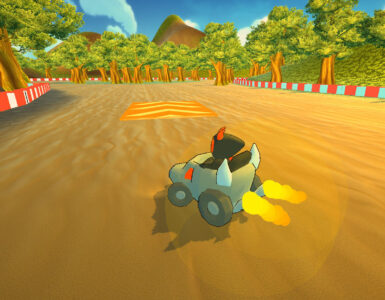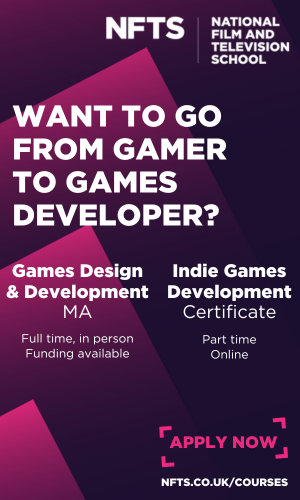The future of game development rests on a pivotal factor: the human touch. It revolves around the creativity and imagination of individuals who comprehend the intricate interplay of game design, artistry, music, and sound effects. These elements form the cornerstone of a captivating gaming experience. While AI has made significant strides in generating code and art, it often falls short of meeting the specific needs and standards demanded by game developers.
Those pioneering game engine technologies infused with AI are poised to redefine the industry. The ability to provide meticulous precision and flexibility down to the finest detail will determine the frontrunners in this race. However, this shift does not herald the demise of traditional game development careers. Instead, it signals an evolution where roles adapt, and existing skills remain integral in shaping the future.
Game development will continue as a domain where knowledge and experience gained through current technologies, fuelled by boundless imagination, continue to propel innovation. Developers will transition from mere coding to crafting experiences through their visions. The artist’s skill in breathing life into characters and worlds with intricate details will remain indispensable in conveying the desired vision.
Presently, game developers wield a specialised skill set to translate ideas into code. With AI entering the fray, developers may need to broaden their skill set, exploring avenues such as narrative-driven game creation or voice-command-based design. While AI streamlines the development process, creative input and direction will remain pivotal to ensure AI-driven game engines stay true to the envisioned experience.
But does the integration of AI diminish the joy of game development? Not necessarily. While some developers may continue to create games from scratch, there’s a unique thrill in seeing personal ideas materialise through AI-powered tools. Today, game engines alleviate some of the development burden, but it’s reminiscent of the 80s when developers fashioned tools to streamline processes. Time, a precious commodity in game development, can now be utilised more efficiently with AI facilitating rapid prototyping and evaluation of ideas.
The timeline for widespread adoption of AI-driven game development tools remains uncertain. While some companies possess fragments of the puzzle, a comprehensive solution eludes us. Potential avenues to address this include mergers or acquisitions, or AI systems autonomously generating required tools and APIs. However, developing new AI solutions is a time-consuming process, fraught with challenges and imperfections.
At this juncture, all we can do is prepare for what lies ahead. Game development is poised for evolution, and our readiness to embrace change will determine our success. Embracing evolution doesn’t entail abandoning proven methods but adapting them to suit the changing landscape.
So, until then, let’s continue doing what we love – making games!








